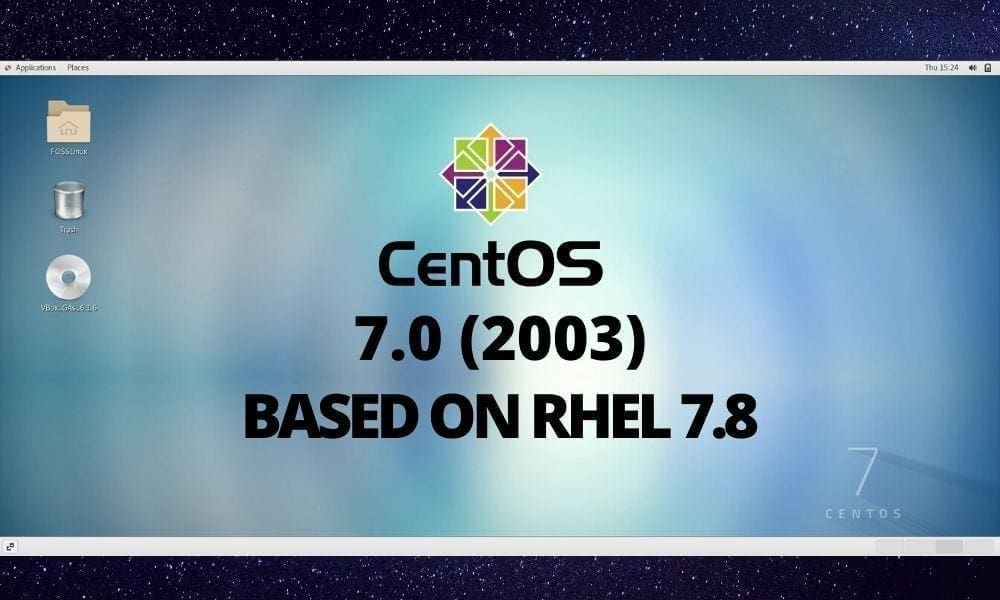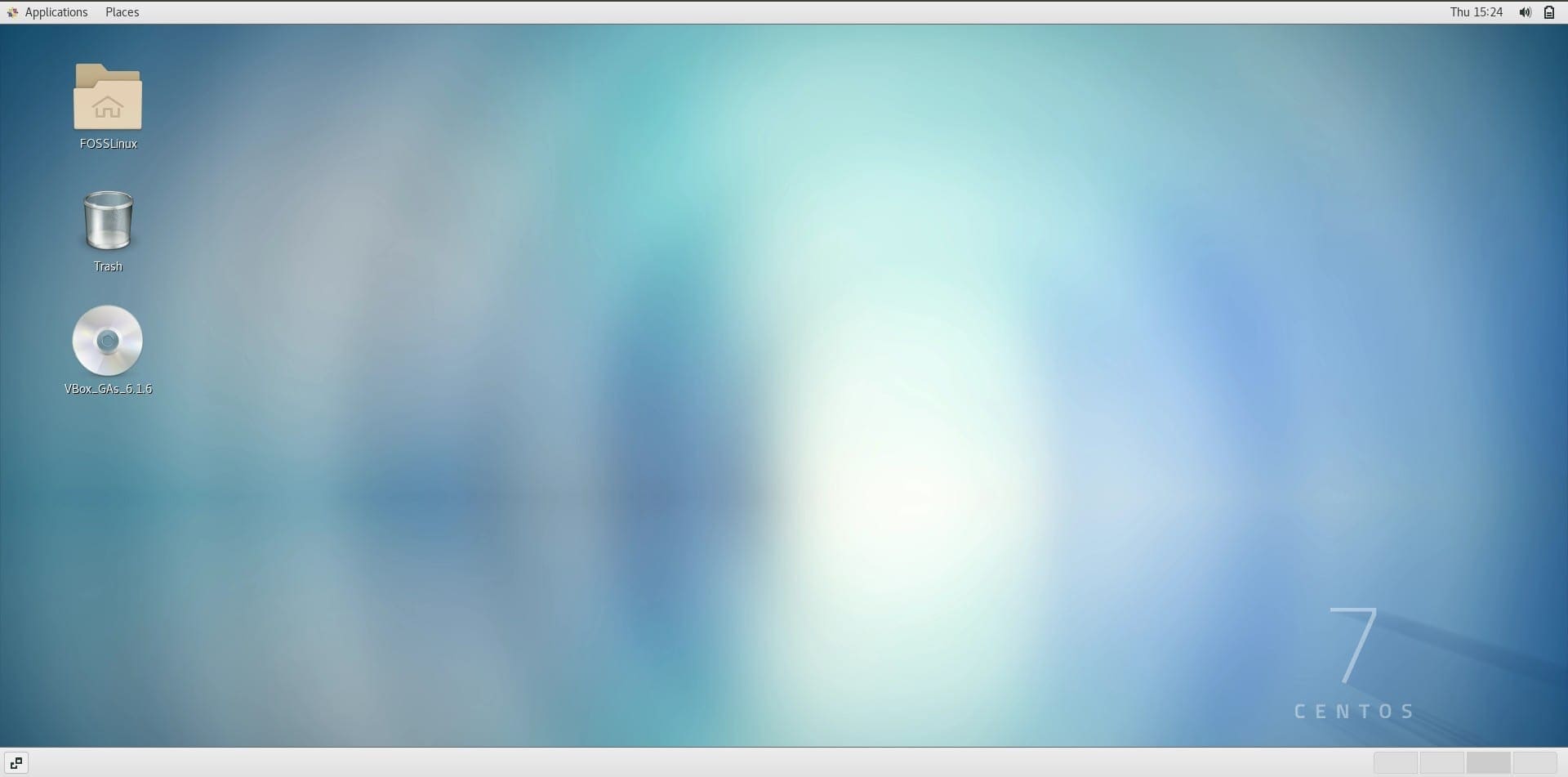Just a couple of days back, the CentOS team announced the release of CentOS Linux 7 (2003) for the x86_64 architecture. So, let’s see how those owning an x86_64 architecture-based system will benefit from this OS.
However, before we begin talking about this update, we should tell you guys a bit about this operating system. First of all, CentOS is based on the Red Hat Enterprise Linux (RHEL), but what separates the two has to be the fact that the former is driven by the community and cuts off the vendor branding and artwork. With that being said, what it lacks is enterprise-level support that comes with RHEL. Still, CentOS is one of the best Linux distros out there for web hosting purposes.
New in CentOS Linux 7 (2003)
When it comes to CentOS Linux 7 (2003), the most important highlight has to be that it’s based on the Red Hat Enterprise Linux 7.8 Source Code. Another significant change has to be the integration of the Python 3 package. Accordingly, users will be able to get their hands on the Python 3.6 interpreter.
Apart from that, this version of CentOS also accompanies chrony (v3.4) and bind (v9.11), which are packages for the Network Time Protocol (NTP) and Domain Name System. However, these are not the only packages that have received updates as users will get Samba (v4.10.4) and ImageMagick (v6.9.10). That way, equipment, and systems can be better set up, configured, and selected, and bitmap images better created, edited, composed, and converted, respectively. Other updated packages include anaconda, thunderbird, firefox, cloud-init, cockpit, yum, and a lot more.
On the other hand, several packages have been removed from the OS as well, some of which include redhat-bookmarks, redhat-indexhtml, redhat-logos, and redhat-release-*. Because of this, users will find fewer traces of RHEL branding. As a substitute to these packages, CentOS has included centos-bookmarks, centos-indexhtml, centos-logos, and centos-release.
Now coming to the desktop environment of the system, which is GNOME Classic, there has been a modification in its Workspace switcher in that it is now found in the right side of the bottom bar and looks like a horizontal strip of thumbnails.
Other than that, switching between workspaces is also possible with the help of keyboard shortcuts: Ctrl + Alt + ↑; and Ctrl + Alt + ↓. Clicking the [Super] key opens the window picker, which shows all open windows. Nevertheless, users will find the dock, workspace switcher, and search entry missing from the window picker. Well, it’s nothing to worry about since the Applications menu on the top bar can play the role of the dock, and the right bottom bar contains a horizontal workspace switcher. With that being said, you would have to opt for the GNOME Standard environment if you need the search entry functionality.
Plus, the OS will also be able to handle errors in a better way by collecting all the relevant information as bugs can now be reported directly to bugs.centos.org.
Conclusion
The folks at CentOS consider this to be an important update and encourage all their users to get CentOS Linux 7 (2003). For those of you who’ve made up your mind about updating to this version, just run ‘yum update’ on the terminal, and the system will start updating. Lastly, if you want to learn more about this version, you can go ahead and check out its official release notes.
Download CentOS 7 (2003)


